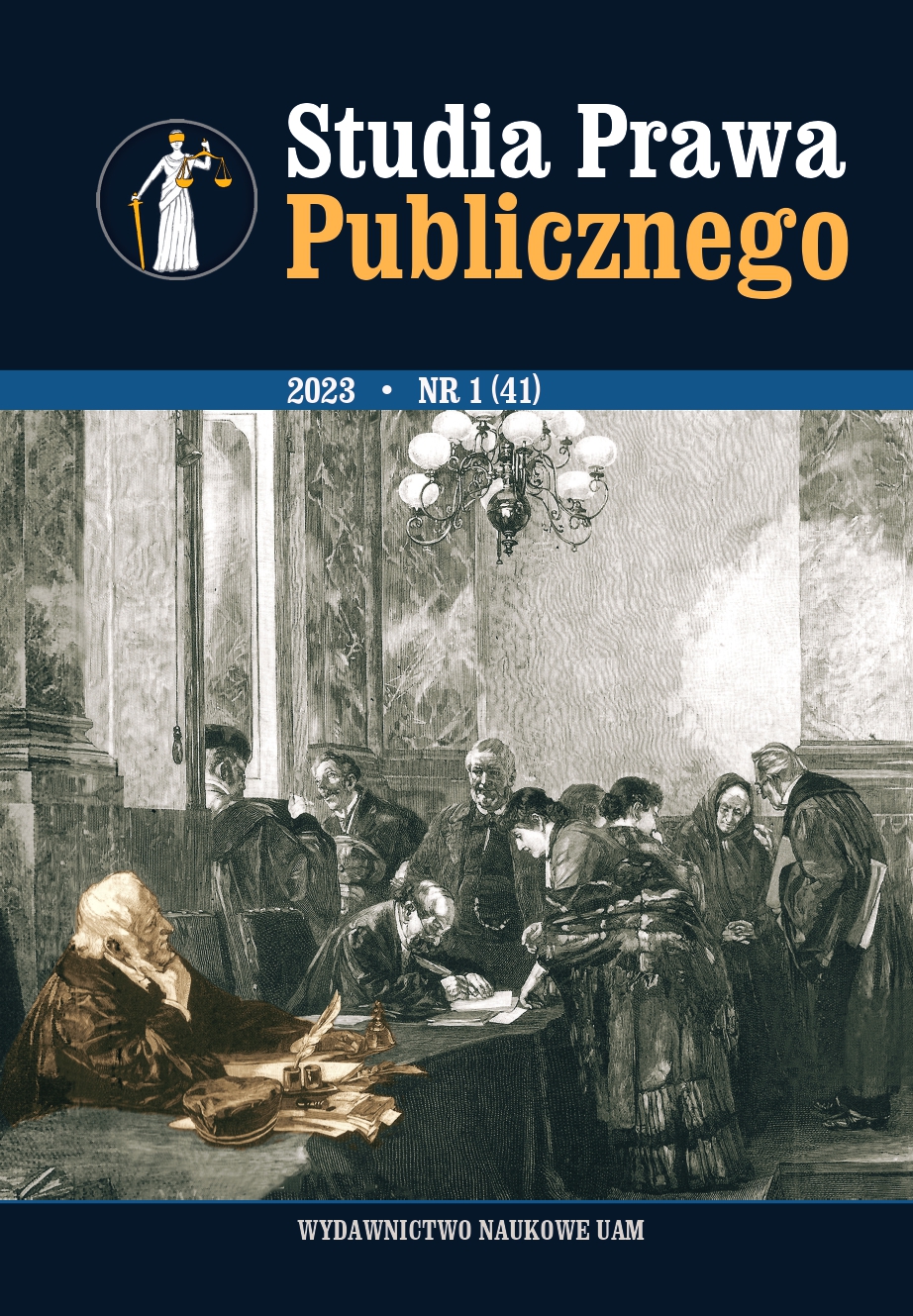Obowiązki dokumentacyjne dysponentów zabytków nieruchomych zagospodarowanych na cele użytkowe a praktyka stosowania art. 25 ust. 1 ustawy o ochronie zabytków i opiece nad zabytkami
The documenting duties of owners and property holders of historic buildings adapted for utility purposes and the practical application of article 25 point 1 of the act on the protection and care of historical monuments
Author(s): Agata LizakSubject(s): Public Law
Published by: Uniwersytet Adama Mickiewicza
Keywords: historic building; adaptation to useful functions; voivodeship historic preservation officer; agreement;
Summary/Abstract: Article 25 of the Act on the Protection and Care of Historical Monuments (hereinafter: u.o.z.o.z.) imposes some obligations on owners or property holders of listed immovable historic monuments that have been adapted for utility functions. These obligations include holding conservator’s documentation and having a programme of the preservation works and program of the development of the monument and its surroundings (both programmes shall receive the consent of the voivodeship historic preservation officer). This provision is the only one in the Act that strictly concerns the adaptation of historic monuments. Despite this fact, it is not fully applied in practice. The first reason for this is that there is no sanction if somebody does not hold the required documentation. Secondly, regulations are insufficiently precise, for example, the procedure for reaching an agreement with preservation officer is not specified. The article is based on empirical research carried out in selected voivodeship historic preservation offices. The text focuses on the problem of how article 25 of u.o.z.o.z. is applied in practice. It transpires that some voivodeship historic preservation officers do not apply this provision at all, while in other voivodeships agreements are rare or are not reached as an autonomous activity but within the framework of other procedures (e.g. connected with allowances for performing some work). The analysis of documents prepared on the basis of article 25 u.o.z.o.z. leads to the conclusion that such documents are often incomplete or mistaken for other similar documents that are also obligatory, but on a different legal basis. What is more, the practice in the terms of the form and procedure of agreements is uneven – ordinarily, it takes the form of a letter, although there are also cases when a formal decision or opinion is issued. The results of empirical research served as a basis for de lege lata and de lege ferenda postulates.
Journal: Studia Prawa Publicznego
- Issue Year: 41/2023
- Issue No: 1
- Page Range: 139-157
- Page Count: 19
- Language: Polish

